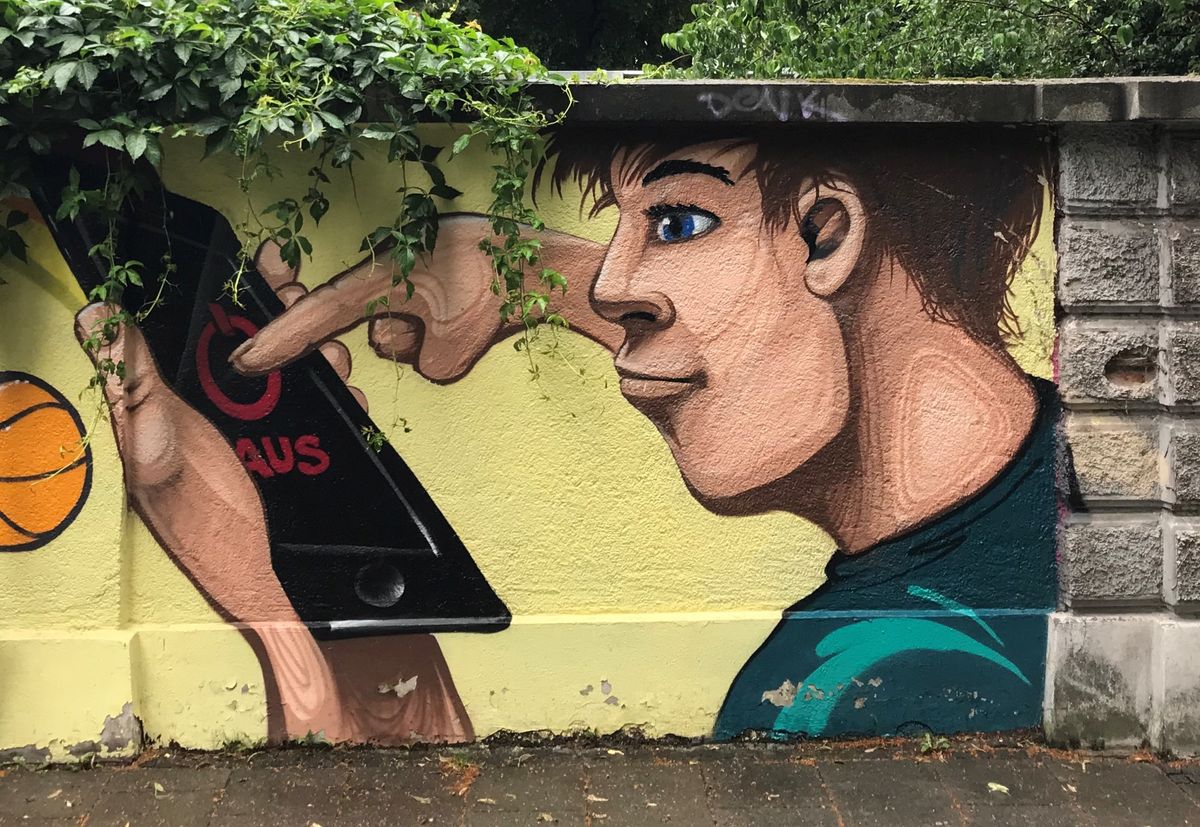What COVID-19 contact-tracing apps tell us about the importance of digital responsibility

Last Friday, the German Minister of Health announced the government would be using smartphone technology for contact tracing through gathering individual´s health data centrally. 48 hours later, this decision was reversed completely, following an outcry on privacy from experts, major media and the public alike. This week showed us that the public will not accept technologies that do not apply highest levels of privacy and security.
While Germany is still finding its way, there are many countries which are already applying smartphone technology to counter the Corona pandemic: China is using a three-step system with QR codes in traffic light colors indicating individual health status. Based on the omnipresent Alipay app, the functionality serves authentication at train stations, airports of other public spaces and also collects travel profiles. In Russia, citizens of Moscow put in quarantine need to download an app for “social monitoring”, requiring the user to document every move in public and requiring to send in selfies at random times. In Israel citizen data like mobile phone connections, smartphone sensors and travel profiles are analyzed centrally to have transparency into movement of the pandemic. Among the first European countries, Austria put into place the “Stopp-Corona-App” – published by the Austrian Red Cross. It uses Bluetooth to measure contacts of potential Corona infected citizens and is based on voluntary participation.
Other countries are also trying to follow suit:
In the Netherlands, the government called on developers to submit proposals, and about 750 did so, of which seven made a short list and were presented to the public and experts in a so-called "Appathon". In the UK, the government has decided to build a contact-tracing app through its National Health Service innovation agency NHSX. And beyond individual countries, tech giants Apple and Google are also working on a technology: Apple and Google have released the first version of their exposure notification API, previously called the contact tracing AP
In Germany, a tracing app still has to be developed, since Monday supposedly by Deutsche Telekom and SAP. This was not always the case: before it was pushed by a consortium called PEPP-PT, which however lost confidence of German authorities last weekend. What’s interesting: the case of Germany and its app is symptomatic of how difficult it is to develop said technology let alone build it on fundamental principles of security and privacy.
Having dealt with the matter of digital responsibility and building trust for quite some time: I am not surprised by the expert community to have lost faith in the planned approach. While first the German government chose an approach to centrally collect and analyze data, less than 48 hours later it decided to take a decentralized approach to the tracing app for tracking Covid 19 infections. After an outcry from experts, they saw the high risk to acceptance rate through a secretive approach - central database, non-transparent programming. What´s new, is that this criticism was widely shared in major media and in the public alike. The the high hopes placed into digital technologies to fight Corona and the extraordinary situation we are all in, has focused public attention on the matter.
What we witness in the making is nothing less than an acceleration of the overall trend for more public scrutiny on digital technology. Any organization implementing digital approaches in future needs to ensure, it follows highest levels of digital responsibility - related to Cybersecurity, Privacy, Data ethics and Trustworthy AI.
This text was first published on linkedin: https://www.linkedin.com/pulse/how-governments-can-get-right-fighting-covid-19-digital-kai-hermsen/
